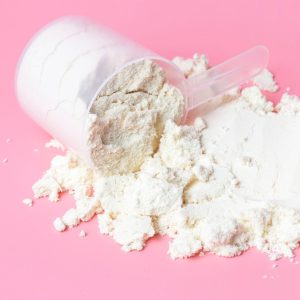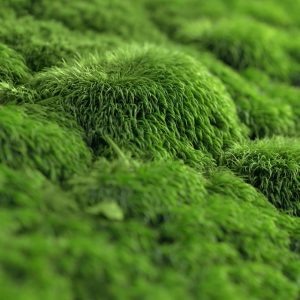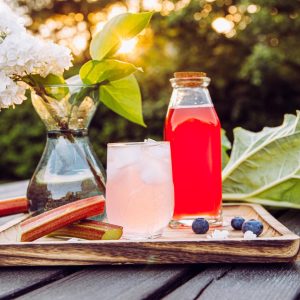New Zealand bans thin plastic bags
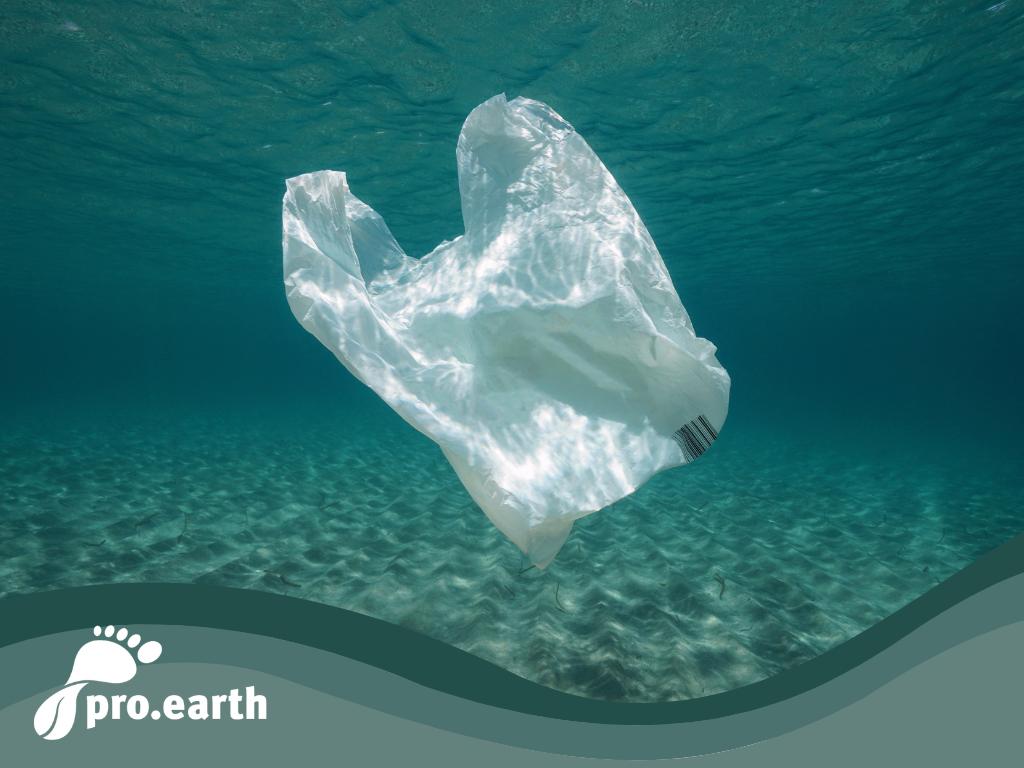
Our oceans are drowning in plastic and we happily (and so often unnecessarily) pack our cucumbers, peppers and tomatoes in the free plastic bags offered with the fruit - this is now a thing of the past in New Zealand!
This could be a model for us all - and if there is no political decision on the subject, it is up to each woman to make it her own.
What is plastic doing to our oceans?
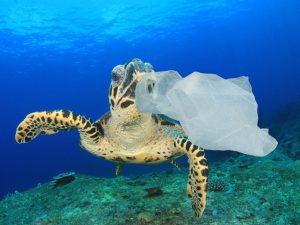
Fish mistake small pieces for plankton, seabirds die in agony from pieces of plastic in their stomachs, turtles mistake plastic for jellyfish - this list could go on for miles.
The fact is that ¾ of the garbage in the sea is plastic. This in turn often takes thousands of years to completely decompose, until it does, plastic decomposes. Particles less than 5 mm in size are referred to as microplastics. It can be found practically everywhere and, unsurprisingly, also enters the human organism via the food chain.
https://news.pro.earth/2022/10/17/was-ist-mikroplastik/
New Zealand shows us the first step
It is quite clear that this is a drop in the ocean, but as we all know, every journey begins with the first step.
In New Zealand, the use of thin fruit and vegetable bags, plastic straws and plastic cutlery was banned by law last Saturday.
Back in 2019, the New Zealand government introduced a ban on thicker plastic shopping bags. The aim is to reduce the use of single-use plastic.
Consumers are quickly getting used to it. Most of them now bring their own reusable carrier bags.
"New Zealand produces too much waste, too much plastic waste," said Deputy Environment Minister Rachel Brooking.
The 2019 ban resulted in a saving of more than one billion plastic bags. The forecast for the new ban is a further 150 million fewer bags per year.
pro.earth conclusion
We hope for many imitators! 💚
